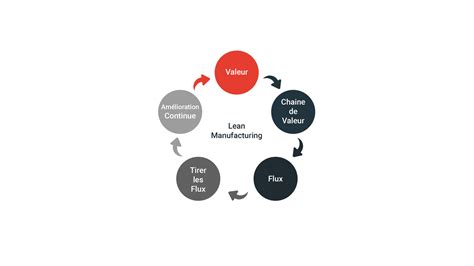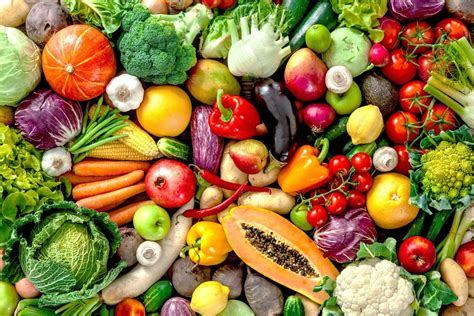Dietary hacks to naturally boost T-levels for peak male performance?

Why Testosterone Matters for Peak Male Performance
Testosterone, often hailed as the cornerstone of male vitality, plays a crucial role far beyond muscle growth and libido. Optimal T-levels are essential for energy, mood, cognitive function, bone density, and overall metabolic health. As men age, or due to lifestyle factors, these levels can decline, impacting quality of life and performance. While synthetic solutions exist, many are looking for natural, sustainable ways to support their body’s hormone production. The good news? Your diet is a powerful tool you can leverage to encourage healthy testosterone levels.

The Micronutrient Powerhouses: Zinc, Vitamin D, and Magnesium
These three micronutrients are non-negotiable for healthy testosterone synthesis. Deficiencies in any can significantly hinder your body’s ability to produce this vital hormone:
- Zinc: Crucial for hormone regulation, including testosterone production. Good sources include oysters (renowned for this!), red meat, poultry, beans, nuts, and whole grains.
- Vitamin D: Often called the ‘sunshine vitamin,’ it’s actually a hormone precursor that directly impacts T-levels. While sun exposure is key, dietary sources like fatty fish (salmon, mackerel), fortified milk, and egg yolks can supplement.
- Magnesium: Involved in over 300 enzymatic reactions in the body, including those related to testosterone. Load up on leafy green vegetables, nuts (almonds, cashews), seeds, legumes, and dark chocolate.
Healthy Fats: Your Hormonal Allies
Contrary to old beliefs, healthy fats are essential for hormone production. Testosterone is synthesized from cholesterol, making adequate intake of good fats vital. Focus on:
- Monounsaturated Fats: Found in avocados, olive oil, and nuts (almonds, peanuts, pecans).
- Omega-3 Fatty Acids: Abundant in fatty fish (salmon, tuna, sardines), flaxseeds, chia seeds, and walnuts. These fats help reduce inflammation, which can negatively impact hormone balance.

Protein: The Building Block of Hormones
Adequate protein intake supports lean muscle mass, which in turn helps maintain healthy testosterone levels. Choose high-quality, lean protein sources:
- Lean meats (beef, chicken, turkey)
- Eggs (especially the yolks, which contain cholesterol and Vitamin D)
- Fish and seafood
- Legumes and plant-based proteins (lentils, beans, tofu)

Cruciferous Vegetables for Hormonal Balance
While not directly boosting testosterone, vegetables like broccoli, cauliflower, Brussels sprouts, and kale contain compounds like indole-3-carbinol (I3C). I3C helps the body process and excrete excess estrogen. By promoting a healthier estrogen-to-testosterone ratio, these vegetables indirectly support higher free testosterone levels.

What to Limit or Avoid
Just as important as what you eat is what you don’t. Certain foods and habits can actively suppress testosterone production:
- Excessive Sugar and Refined Carbs: Can lead to insulin resistance and increased body fat, both of which negatively impact T-levels.
- Processed Foods: Often high in unhealthy fats, sugar, and sodium, contributing to inflammation and hormonal disruption.
- Excessive Alcohol: Chronic heavy drinking can directly damage Leydig cells in the testes, which are responsible for testosterone production.
- Soy in Excess: Some studies suggest that very high intake of soy products might have estrogenic effects, though more research is needed on its impact on male hormone levels.

Conclusion: A Holistic Approach for Lasting Results
While diet is a powerful lever for naturally boosting T-levels, it’s part of a larger picture. Combine these dietary hacks with a healthy lifestyle that includes regular strength training, adequate sleep, and stress management for the best results. Consistency is key; integrating these nutritional choices into your daily routine will pave the way for sustained peak male performance and overall well-being. Always consult with a healthcare professional before making significant dietary changes or if you suspect you have clinically low testosterone.









